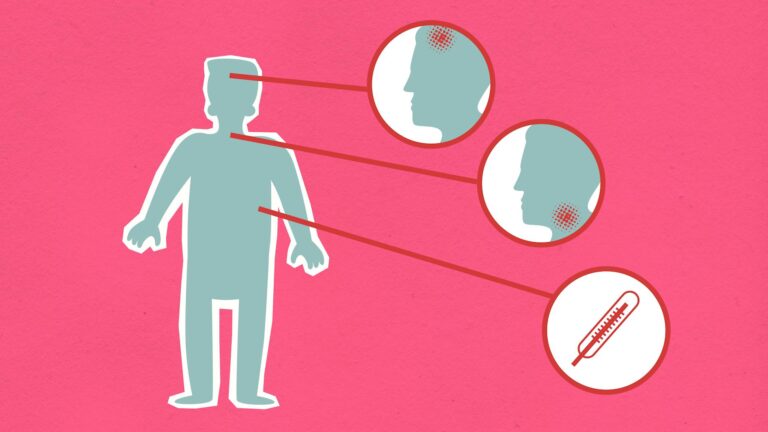Cardiovascular exercise, often called aerobic exercise, is more than just a way to keep your heart healthy—it plays a crucial role in maintaining and improving brain health too. Activities like brisk walking, jogging, cycling, or swimming get your heart rate up and have been shown to boost how well your brain works.
Even small amounts of cardiovascular activity can make a difference. Research has found that just five minutes of moderate-to-vigorous exercise daily—like taking the stairs or going for a brisk walk—can improve important mental skills such as processing speed (how quickly you understand information), executive function (your ability to focus and complete tasks), and short-term memory. These are exactly the kinds of cognitive abilities that tend to decline as we age. So even brief bursts of increased heart rate can help keep the mind sharp[1].
The benefits aren’t limited by age or body type either. A large study involving thousands of adults around 65 years old showed that physical activity helps maintain brain size—a key indicator of brain health—as people grow older. This effect was seen regardless of whether participants were overweight or had other metabolic health issues. Simply put, staying active supports healthier brains no matter your weight[3].
One reason cardiovascular exercise is so good for the brain relates to its impact on specific areas like the hippocampus—the part responsible for forming memories—which tends to shrink in conditions like Alzheimer’s disease. Studies have found that activities such as cycling not only improve overall cognition but also help preserve hippocampal volume, potentially delaying cognitive decline linked with dementia[5].
In addition to structural benefits, raising your heart rate through aerobic movement increases blood flow and oxygen delivery throughout the body—including the brain—which may stimulate growth factors that support neuron survival and connectivity.
So whether it’s hopping on a bike for errands or fitting in short walks during breaks, these simple habits can powerfully support both heart and brain health over time without needing hours at the gym each day[1][3][5].





